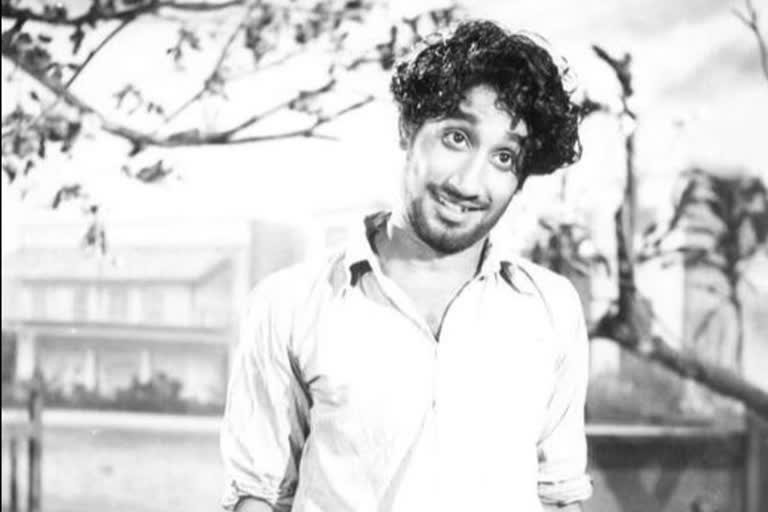Chennai: Bringing a lease of fresh air into Tamil cinema, which was till then centered around mythological stories, Parasakthi, was a trendsetter by breaking a new path for films in content, storytelling, language, and acting. What was considered taboo was taken head-on. Though the plot is the reunion of a well of non-brahmin upper caste Mudaliyar family after some of them were dislocated from Burma during the second world war, the screenplay along with the stellar role played by Sivaji on debut, influenced a generation and beyond.
Karunanidhi was only 28 and Sivaji was a theatre artist then. If the former had penned the fiery dialogues in chaste Tamil, it was the latter Gunasekaran, who gave life to them with brilliant acting. No other top heroes of the era could have footed the bill. In fact, the thespian had once revealed that he was brought by flight from Trichy for the shoot and that was his first air travel. Released on the Deepavali festival that year, it ran to packed houses and in some theatres for more than 100 days.
In 1949, three years prior to the film getting released, the rationalist Dravidar Kazhagam of Periyar EV Ramasamy had split with his lieutenant CN Annadurai launching the DMK. Karunanidhi, a young Turk of Annadurai, had joined the DMK. Both had used cinema as an effective tool to spread the Dravidian ideology and this film proved to be the pioneer for that purpose.
“It was the first movie to speak about rationalism. But, that rationalism was not anti-religion but qualified rationalism that opposes only the exploitation and other evils carried out in the name of god. It is here, Karunanidhi secures popular approval for the Dravidian brand of rationalism that has become the standardized narrative of secularism till date,” explains R Thirunavukkarasu, teaching Sociology at the University of Hyderabad.
Also read: Amitabh's first film appearance was as a poet from Ranchi
“When has Ambaal (female deity) spoken?” fumes Sivaji when the temple priest attempts to molest his widowed sister, Kalyani, and attempts to attack him. Later in the hugely popular court scene, he asks, “Whose fault is it to allow fake priests to engage in sexual dalliance? Is it the fault of God or that of the wicked holding religious sermons?” He then justifies himself, saying “Yes, I have created ruckus in the temple, not that there should not be any temple. But, to ensure that they should not become a den of criminals.”
Giving up rationalism, Anna declared “One God and One Society” as the motto of the DMK. It was taken from the Saivite theologian Thirumoolar'. For this, the DMK came under attack for sacrificing secularism at the altar of political power, and the movie provided a rationale for the party's nuanced stand. No wonder, the movie enjoyed the political patronage of the DMK, which dethroned Congress in the 1967 assembly elections. In the view of late social scientist MSS Pandian, the film was a 'signboard' of the 'consensual politics' that the DMK was destined to play in the future in its attempt to gain power.
“The film was also a cultural shock as it spoke about the degeneration that had set in upper caste families, illicit relations, religion being the tool of exploitation and superstitions, which were considered taboo besides women's rights,” maintains Thirunavukkarasu adding that Parasakthi is still spoken about because political movies are either scarce or lack the sting in Tamil filmdom unlike in neighboring Kerala. Yet the fact remains that Parasakthi not only has a special place in Tamil cinema but continues to be viewed as the manifesto of the DMK.



